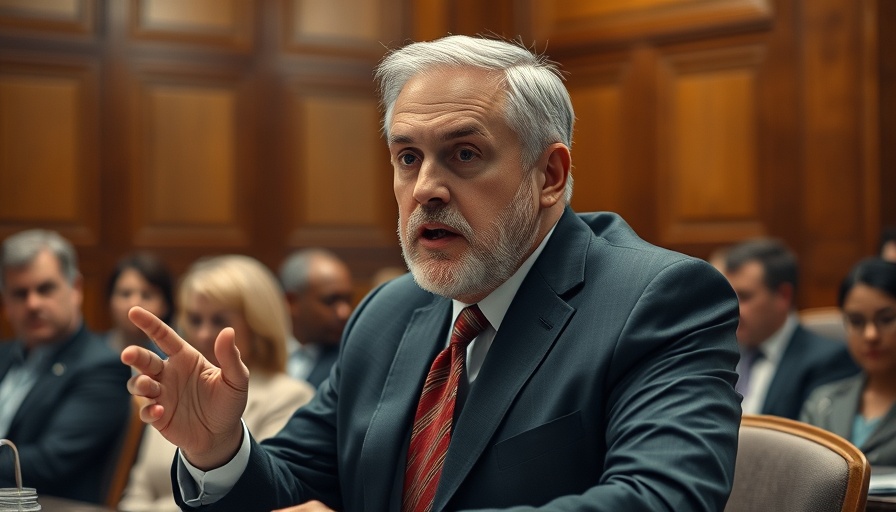
Trump's Executive Order on Birthright Citizenship Faces Another Legal Setback
In a significant legal ruling, a federal appeals judge has blocked President Trump's controversial executive order aimed at ending birthright citizenship, a policy that has stirred heated debates across the nation. The judge's decision adds to the growing list of setbacks for the administration as it seeks to tighten immigration laws and reshape policies that claim to be designed for national security.
Understanding Birthright Citizenship
Birthright citizenship, as defined by the 14th Amendment of the U.S. Constitution, grants citizenship to anyone born on U.S. soil. This long-standing policy has been a fundamental aspect of American immigration law since its ratification in 1868. Trump's executive order, proposed to change this constitutional norm, faced backlash not just from immigrant rights advocates but also from legal experts who argue that the president lacks the authority to alter constitutional rights.
The Legal Landscape and Its Implications
This ruling reflects the ongoing tensions within U.S. immigration policies. Legal experts noted that Trump's administration's frequent attempts to alter established norms without congressional approval raises questions about the balance of power within the government. As states and cities continue to push back against federal immigration policies, this decision highlights the judiciary's role in shaping the future of citizenship and immigration law in America.
Emotional and Social Perspectives on Immigration Policy
For many, the implications of birthright citizenship are deeply personal. Immigrant families often view their children as symbols of hope and a promise for a better future. The prospect of losing guaranteed citizenship through birth can create anxiety and fear among communities. The emotional toll this uncertainty takes is as significant as the legal battles being waged in courts across the nation.
Conclusion: The Road Ahead
As the legal battles over immigration continue, Trump's opponents will likely leverage these judicial setbacks in the upcoming elections. For those invested in the policies surrounding immigration, this ruling serves as a reminder of the intricate relationship between government policies and individual rights. Stay informed and engaged to understand how the landscape of immigration law may continue to evolve in the future.
 Add Row
Add Row  Add Element
Add Element 



Write A Comment